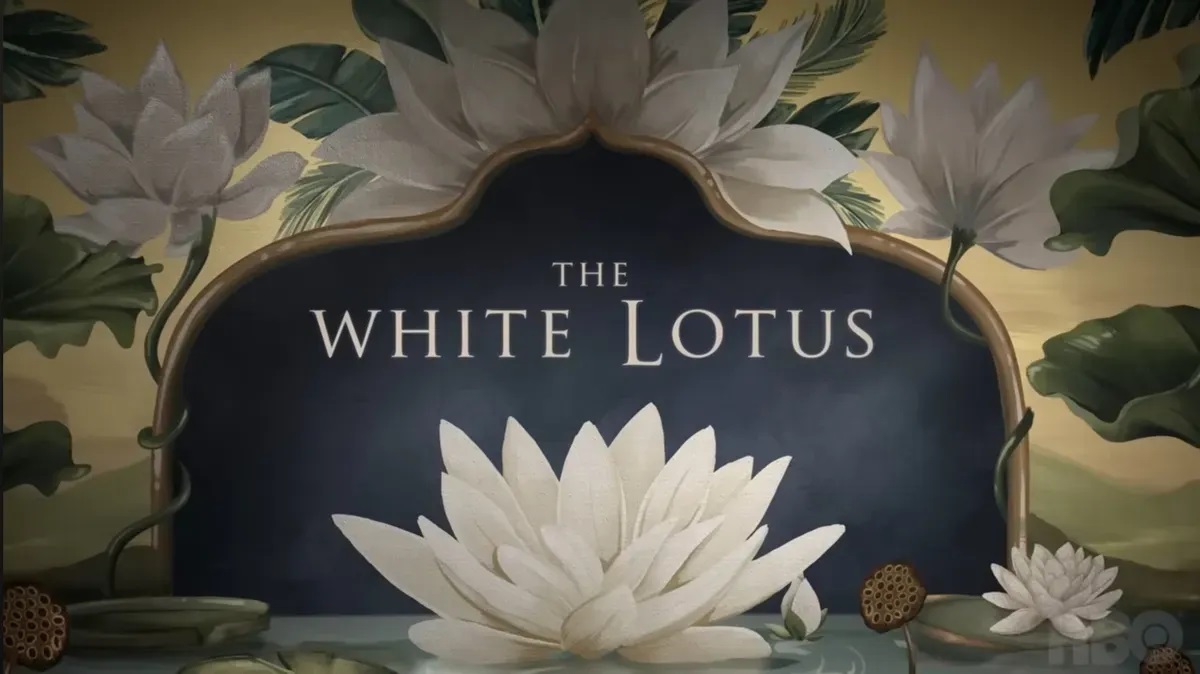With off-the-charts Rotten Tomatoes ratings and record-breaking viewership, HBO’s The White Lotus has captivated audiences around the world through its exotic locations, intriguing murder mysteries, sharp writing, and high production values. While many viewers are drawn to the show for its entertainment value, Dr. Monica Vermani, clinical psychologist, public speaker, and author, believes there is far more to uncover beneath the surface.
In a recent article published on top10films.co.uk, Dr. Vermani explains that she writes not as a television critic but as a clinician: “As a clinical psychologist, I find there is much to be gained by going a little deeper, and exploring the psychological subtext of The White Lotus’ winning formula.” Through her lens, the series offers insights into the human psyche, the shadow self, and the emotional disconnect behind seemingly perfect lives.
Beyond Escapist Fantasy
Dr. Vermani highlights that while the stunning, exotic settings of The White Lotus provide an undeniable allure, the reality behind the scenes is far less idyllic. For many viewers who can only dream of luxury vacations, the series offers a glimpse not only of beautiful resorts but also of the stark contrast between the lives inside and outside those guarded walls. This portrayal casts tourism in a more critical light, revealing economic and social disparities that temper the fantasy.
Even among the wealthy guests enjoying massages, gourmet meals, and endless entertainment, Dr. Vermani points out that life is far from perfect. Beneath the surface luxury, the characters wrestle with loneliness, crises both real and imagined, and a lack of meaningful connection. No amount of pampering or natural beauty can fully heal the emptiness they experience.
Dr. Vermani invites us to consider the flawed lives of characters like Timothy Ratcliff, a family patriarch on the brink of collapse, Tanya McQuoid, grappling with personal turmoil across seasons one and two, or the young women stuck in unfulfilling relationships. The guests’ miserable predicaments serve as a form of schadenfreude, where viewers, especially those less fortunate, feel a complex mixture of guilt and pleasure witnessing the struggles of the seemingly privileged.
What Hides in the Shadows
Dr. Vermani draws on Jungian psychology to explain how The White Lotus reveals the “shadow”, the hidden, often uncomfortable parts of ourselves that we suppress or deny. Through the characters’ choices made under pressure, we see traits like greed, selfishness, rage, fear, and hopelessness that many try to ignore in real life.
She points out how even seemingly innocent characters, such as Piper Ratliff, reveal darker sides when their true motives and deceptions come to light. Piper’s manipulation of her family contrasts with her outward appearance, highlighting the hidden complexity beneath the surface.
Similarly, the trio of middle-aged women on a girl’s trip, initially portrayed as happy and fulfilled, quickly unravels to reveal long-standing resentments, rivalries, and shifting alliances that expose deeper emotional wounds.
Dr. Vermani also examines characters like Rick, who on the surface seems kind and successful but ultimately reveals himself as a dangerous, vengeful figure trapped in a brooding, self-absorbed state.
By showing these shadow selves, the series invites viewers to confront parts of human nature that are uncomfortable but real, encouraging reflection on the darker aspects within ourselves and others.
What Lurks Beneath
Dr. Vermani highlights that not all shadow sides in The White Lotus are purely sinister. For example, Sweet Mook, the object of affection for the resort’s security guard Gaitok, shows a tougher side when she criticizes him for lacking a “killer instinct.” This foreshadows Gaitok’s ultimate choice to follow orders from the resort owner, Sritala, by shooting Rick in the back, a decision that fully reveals his own shadow under pressure.
At the same time, the character of Saxon Ratliff displays a more admirable shadow. Despite being egocentric, Saxon refuses to cross certain moral lines, turning down an opportunity to fulfill a disturbing fantasy. This moment suggests that even flawed characters can possess a conscience or boundaries.
Dr. Vermani explains that witnessing these shadow selves on screen can lead to catharsis for the viewer, a purging or purification of emotions through art. Seeing the darker sides of the characters encourages us to look deeper within ourselves, making The White Lotus not just entertainment, but a space for emotional insight and self-reflection.
Body Bliss
Dr. Vermani notes that The White Lotus stands out as a rare creation in today’s collaborative entertainment world because it is the vision of a single creator who writes and directs the series. This unity of vision brings a distinct rhythm and atmosphere to the show.
The series repeatedly uses soothing natural sounds and serene visuals, creating a deliberately slow and contemplative pace that invites viewers into a meditative space. After watching each episode on Sunday evenings, audiences often feel a sense of calm and relaxation, mentally, physically, and spiritually.
This blissful state arrives just in time to prepare viewers for the busy workweek ahead, making the show not only engaging but also a source of restful respite. Dr. Vermani emphasizes how this thoughtful pacing and sensory experience deepen the show’s appeal beyond its dramatic storylines.
Body Bags
Dr. Vermani returns to screenwriting expert Robert McKee’s principles to explain why The White Lotus excels as a compelling story. According to McKee, a good story begins with an interesting premise—here, the shocking disruption of a peaceful paradise by a violent incident.
From there, the narrative logically builds, with carefully measured revelations exposing the darker sides of characters through their choices and actions. Finally, the story must conclude with a satisfying and surprising ending.
Season three begins with a shooter on a rampage, hinting that tragedy will unfold. By the end of the week-long stay, the series delivers a stunning conclusion—not just one death, but five bodies in bags. This shocking finale surprises viewers while providing closure, fueling conversation and reflection.
Dr. Vermani reminds us that as humans, we are wired for connection, and great stories like The White Lotus deepen our sense of shared experience and keep us coming back for more.
The Power of Storytelling
Dr. Vermani emphasizes that as a clinical psychologist, she sees the profound impact of storytelling on human connection. Stories like The White Lotus, whether in films, TV, or traditional folk tales, allow us to relate to others, understand complex emotions, and feel a shared sense of interconnectedness.
This connection through storytelling is not only entertaining but also deeply meaningful. It helps us explore our own emotions and experiences indirectly, creating opportunities for empathy, insight, and growth.
In The White Lotus, this is achieved through the show’s rich characters, their struggles, and the psychological depths revealed behind the luxury and drama. According to Dr. Vermani, it’s this combination of compelling narrative and emotional truth that makes the series resonate so powerfully with audiences worldwide.
Dr. Monica Vermani
Dr. Monica Vermani is a clinical psychologist, public speaker, teacher, and author specializing in mental health and wellness. She is a registered member of the College of Psychologists of Ontario and runs her private practice, Balanced Wellbeing, where she offers a multi-faceted approach including Cognitive Behavioural Therapy (CBT), Eye Movement Desensitization Reprocessing (EMDR), mindfulness meditation, and more.
With extensive experience working in diverse settings—from rehabilitation institutes to forensic units and corporate wellness programs—Dr. Vermani brings deep insight into trauma, anxiety, mood disorders, and holistic wellbeing. She is also a certified mindfulness meditation teacher and has worked with various communities, including first responders and veterans.
Dr. Vermani is also the author of A Deeper Wellness, published in 2021, and a frequent expert commentator in the media on mental health topics.





